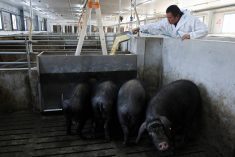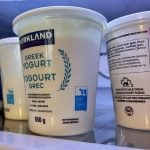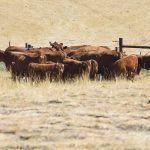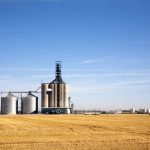Alberta has laid out terms which would allow the world’s biggest meat packer to get past regulations on land ownership, when or if it buys one of Western Canada’s biggest beef packing plants.
The provincial cabinet announced last week it has approved an order-in-council exempting the U.S. arm of Brazil’s JBS from Alberta’s Foreign Ownership of Land Regulations — wherever those rules would apply to JBS if it exercises its option to buy parts of Edmonton-based XL Foods, such as XL’s packing plant at Brooks.
Read Also
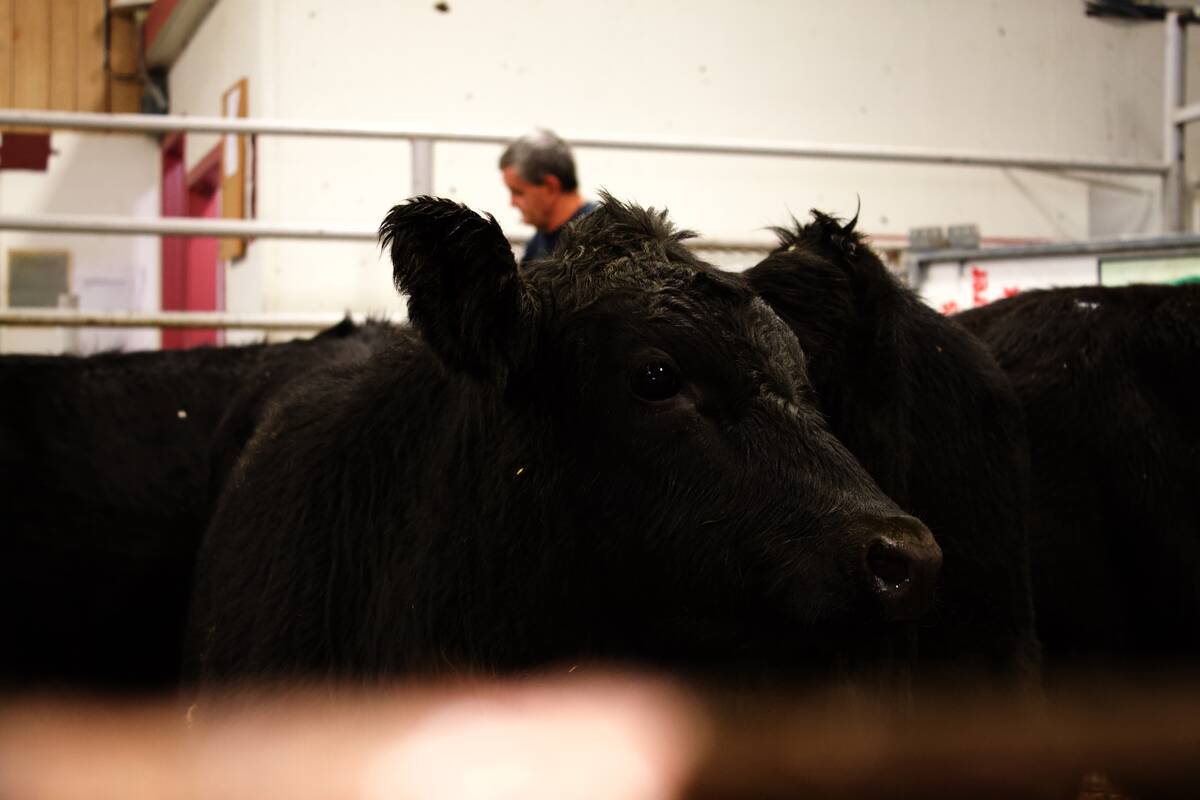
U.S. livestock: Cattle rally, hogs rise
Chicago cattle rallied on Monday. Lean hogs also rose. Most-active April live cattle futures closed at 239.525 cents a pound,…
Alberta’s regulations normally block foreign citizens and "foreign-controlled" corporations from owning any more than two parcels of farmland over 20 acres in total.
However, the regulations allow for the provincial cabinet to approve "specific exemptions" if those are found to be "of economic benefit to the province of Alberta."
XL in October announced it had signed a management services agreement for JBS to operate the Brooks plant, which had been battered by a massive recall of processed beef goods and primal cuts shipped to processors and retailers in both Canada and the U.S.
The Brooks plant’s federal operating license was suspended in September, but it was allowed to resume operations the following month under JBS management.
The management agreement also gives JBS an as-yet-unexercised option to buy the Brooks plant, plus XL’s other Alberta and U.S. beef production assets, for US$100 million in cash and JBS shares.
Said assets also include XL’s 70,000-head capacity feedlot and 6,600 acres of "adjacent farmland" near Brooks.
The province’s exemption would cover JBS for its fee simple interest in certain lands for the "continued operation of a meat plant, (an) associated feedlot, wastewater and manure disposal," and its leasehold interest in certain lands for wastewater and manure disposal.
However, the province’s exemption would only take effect if JBS is able to secure all other required federal, provincial or local approvals, licences, permits or other authorizations "of any kind," as they relate to those operations.
Also, if JBS stops using the land for a meat plant, it would have to sell its interest in the land to an eligible arm’s-length third party within three years of that date.
Furthermore, if JBS stops using the land for a meat plant and the province orders any reclamation work to be done, JBS would have to sell the land within three years from the day it completes such reclamation work.
For its part, JBS said earlier this month it "continues to evaluate the opportunity to exercise the exclusive option."
Related stories:
Meat packer JBS names chief for Canadian operations, Dec. 6, 2012
JBS to manage XL beef plant, with option to buy, Oct. 18, 2012







